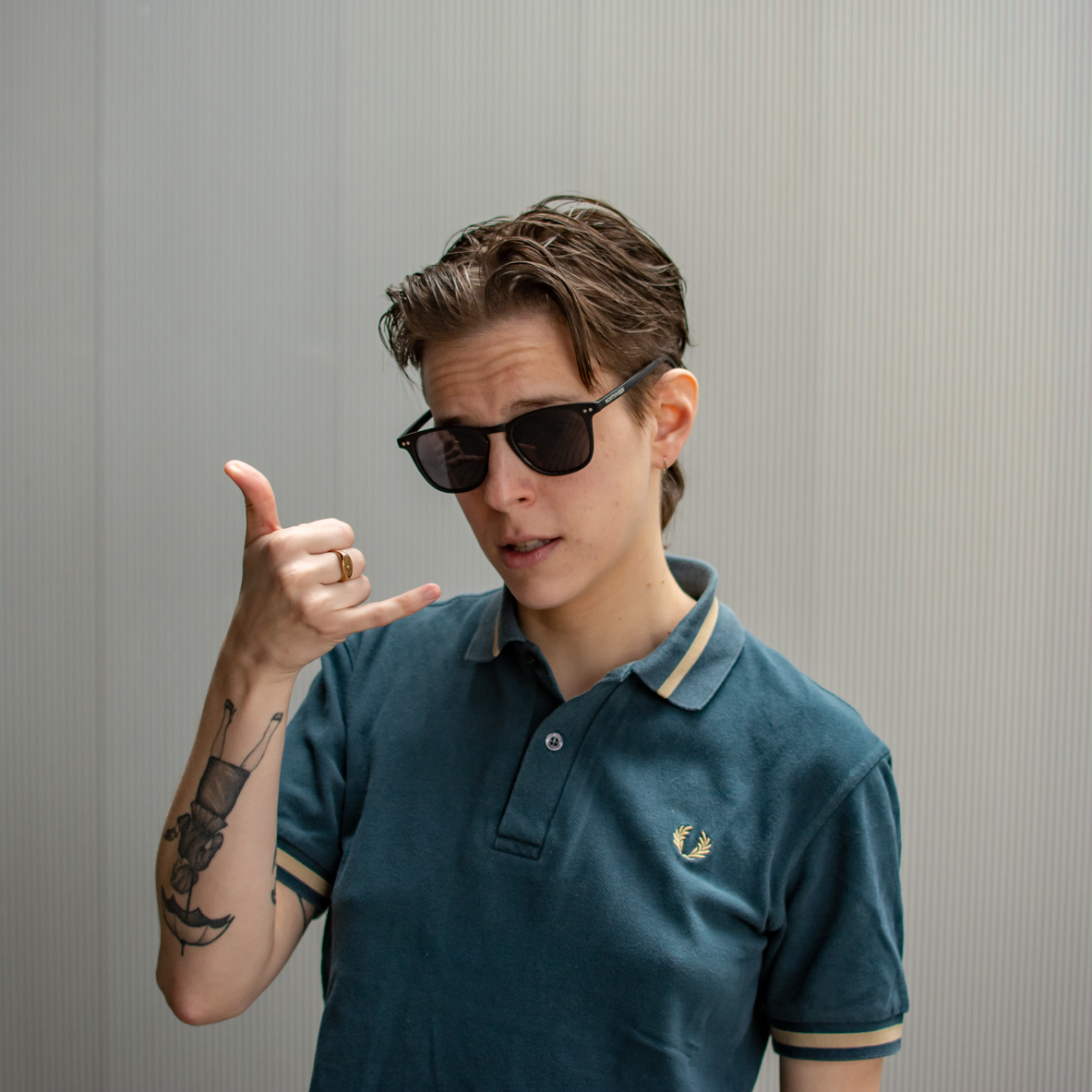Small World Initiative UAB Teaching Assistant
Undergraduate Course, Universitat Autonoma de Barcelona, 2018
Teaching Assistant at Small World Initiative - UAB.
Description
The Small World Initiative® (SWI) strives to combine technology, science, and innovation to make meaningful and measurable improvements in the global education and healthcare landscape. The mission of the program is twofold. First, it seeks to encourage students to pursue careers in science and increase scientific literacy through real-world applicable laboratory and field research in introductory courses. Second, it aims to address a worldwide health threat – the diminishing supply of effective antibiotics – by tapping into the collective power of many student researchers concurrently tackling the same challenge, living up to its motto “crowdsourcing antibiotic discovery.”™
When I was in my third Bachelor’s degree year, I had the opportunity to participate in the Small World Initiative, a volunteer program that strived to make real science close to high school students. It also had the objective of antibiotic discovery from soil samples.
Students that participated in this project as Teaching Assistants were grouped with a university professor and the assigned a high school center, where we gave four lab sessions with small groups of students.
I participated in this project two years in a row, mainly because I enjoyed the experience of the first year, and I could add vision to the next edition I participated on.
Tasks carried out
To summarize, I had to first finish a training in order to know how to take soil samples, isolate the bacteria in the sample, and make it grow on a plate.
We then had to prepare all the lab material and also teaching materials for the high school students.
The heavy-lifting of the project was done on the high school lab sessions itself, where we guided the students trough the experiments. We had to also be available to them during the whole project to answer questions and help them in preparing a final project presentation.
What I learned from it
This was my first real experience as a teaching assistant in a lab environment, which gave me invaluable tools as to how to manage this specific environment and others similar. Also, it gave me great insight on how to communicate difficult scientific concepts in a way the public at hand (in this case, 17-year olds) could understand it.
